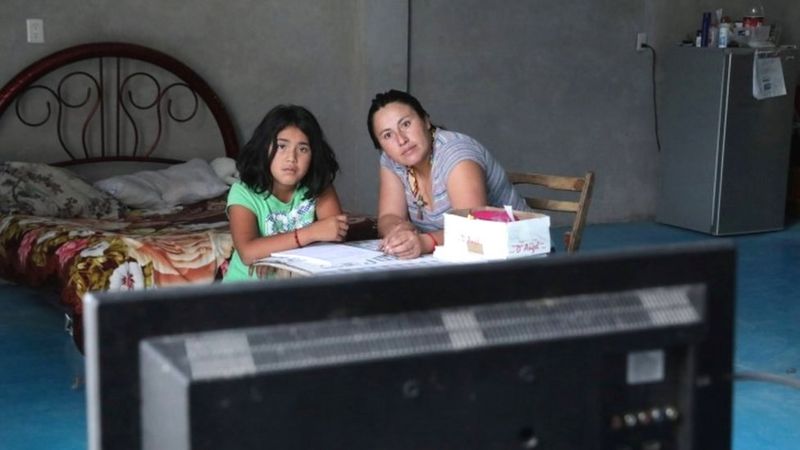I have written several blogposts the last couple of weeks with the main subjects being white saviorism (voluntourism and white privilege) and education (digital divide and ICT’s in education). For the purpose of this blogpost I would like to elaborate on the individual blogposts that I have written and provide a deeper understanding of these matters. I would also like to discuss the experience of writing and maintaining a blog throughout these last few weeks.
Author: Shana
Education at a crossroads: The influence of the digital divide on education

The digital divide is definitely not something new. Within the field of communication for development it has been a broadly discussed topic. Although more and more people are connected some way, there are still numerous left behind. Those people at the margins are often the most vulnerable in society. The current COVID-19 pandemic has showed that the digital divide is even further increasing. The growth in the use of ICT within education has led this digital divide to create an educational divide as well. This rapid shift to ICT’s in the field of education has left many children behind or with bad quality education. This will have enormous consequences in the long term.
Stop filming us: a documentary film about white saviorism
STOP FILMING US: A documentary about white saviorism
The documentary film ‘Stop filming us’ was released earlier this year and is now being presented in several locations (such as the Human Rights Film Festival Berlin, the Africa museum, Congo in Harlem and several Dutch universities). In the film we see Dutch filmmaker Joris Postema in Goma (Democratic Republic of Congo), where he follows three young Congolese artists. They talk about their struggle and frustration with the western dominance and their city being portrayed as dangerous. Postema’s position as a western filmmaker is being questioned. The movie is intended to create a dialogue between the Congolese reality and the Western perspective. The question however then rises whether a western filmmaker can really give an honest and Congolese perspective. How do the Congolese feel about these white saviors? And are they actually doing something good when trying to do good? Is it even possible for a western filmmaker to leave the stereotypical and western thoughts behind?
Learning through television: Mexico and its approach to distance learning during the covid pandemic

A mother is helping her daughter study – Source: BBC
The educational sector worldwide has recently come under a lot of pressure, having to shift to distance learning. The Mexican government decided to close the schools on March 20th, and classrooms have not reopened since. Private schools are using a combination of Ipad, computer and online classes through Zoom in order to continue their student’s education.
Voluntourism in orphanages: The love you give campaign
Today I want to discuss with you the issue of volunteering with children and more specifically in orphanages. Although the debate around orphanage tourism is not new, it has lately reached new heights with orphanages being linked to cases of sexual abuse, modern slavery and human trafficking (see here). The bigger audience is thus becoming aware of its practices. The entire industry is based on what Leigh Mathews calls the ‘orphan myth’, which ‘is designed to ensure that there is a ready-made source of people, money and resources to support these children. However, the orphan myth is exactly that – a myth’ (Mathews, 2019, p. 46). It is estimated that over 80% of the children in orphanages have living parents.





